
Global group to investigate links between rare genomic disorders and psychiatric conditions
Rare genetic disorders caused by small changes in a person’s genetic make up affect fewer than one in two thousand people globally, but they are a major cause of developmental and psychiatric conditions, such as autism spectrum disorder, schizophrenia, attention deficit hyperactivity disorder and intellectual disability. Recent advances in technologies to detect these small changes … Continue reading Global group to investigate links between rare genomic disorders and psychiatric conditions
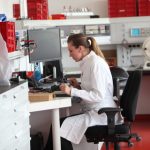
New model designed to better understand the causes of Alzheimer’s disease
Scientists from Cardiff University have brought together all known risk factors for Alzheimer’s disease for the first time to produce a new model of the disease which it is hoped will help speed up the discovery of new treatments. The Multiplex Model is a new way of looking at Alzheimer’s disease developed by Professor Julie … Continue reading New model designed to better understand the causes of Alzheimer’s disease
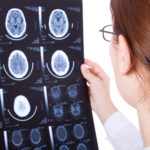
Swansea University playing key role in dementia research
Health records from over 80% of the Welsh population have been used to create the UK’s first national scale health database for dementia research, which is housed at Swansea University. Swansea University reports its researchers have used Welsh NHS records to create the new resource, which is kept in the SAIL Databank, allowing doctors and … Continue reading Swansea University playing key role in dementia research
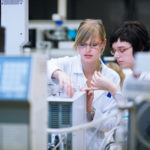
Novel insight into chromosome 21 and its effect on Down syndrome
Scientists have identified specific regions of chromosome 21 which cause problems in memory and decision making in mice with Down’s syndrome. They say it is the first time the areas have been determined – and suggest the findings may provide new insight into the condition in humans. Most people have forty six chromosomes, which carry … Continue reading Novel insight into chromosome 21 and its effect on Down syndrome
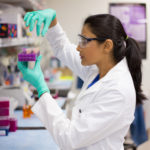
Study looks at why some patients remain cancer free
Eminent philanthropist and three times cancer survivor Dr James Hull has joined forces with six universities to investigate why cancer returns in some people and not others. Focusing on people who have had successful treatment of advanced cancer and in whom the cancer has not reoccurred for at least five years, Swansea University says its … Continue reading Study looks at why some patients remain cancer free
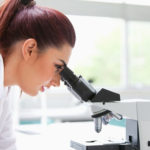
Discovery of new T-cell raises prospect of “universal” cancer therapy
Researchers at Cardiff University have discovered a new type of killer T-cell that offers hope of a “one-size-fits-all” cancer therapy. T-cell therapies for cancer, where immune cells are removed, modified and returned to the patient’s blood to seek and destroy cancer cells, are the latest paradigm in cancer treatments. The most widely used therapy, known … Continue reading Discovery of new T-cell raises prospect of “universal” cancer therapy
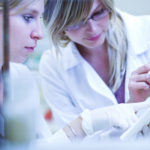
Study looks at ways to prevent suicide in young Welsh people
Reducing adverse childhood experiences, preventing alcohol and substance misuse, and improving education and training opportunities are some key ways to help prevent suicide in Welsh children and young people. A new review published by Public Health Wales and Swansea University, examines the deaths of all children and young people in Wales who died by suicide … Continue reading Study looks at ways to prevent suicide in young Welsh people
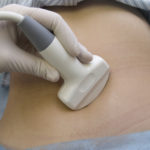
Depression in pregnancy alters male babies’ behaviour, but mothers don’t notice
Women who have symptoms of depression and anxiety during pregnancy do not report concerns with their infant sons’ behaviour, but do with their daughters, according to a Cardiff University study. As many as one in four women experience depression and/or anxiety in pregnancy and evidence suggests it can increase the risk of emotional and behavioural … Continue reading Depression in pregnancy alters male babies’ behaviour, but mothers don’t notice

Space travel could make astronaut’s brains “leaky”
Human brains could become ‘leaky’ during space travel, according to research by the University of South Wales. ITV reports Professor Damian Bailey found changes in gravity and long-term space flights could weaken the blood-brain barrier that helps protect the brain. This can then lead to swelling and increased pressure in the brain which, according to … Continue reading Space travel could make astronaut’s brains “leaky”

Girls more likely than boys to be admitted to hospital after self-harming
A study, published in the Archives of Disease in Childhood, reveals a gender disparity that is particularly evident among ten to fifteen year olds who have self-harmed. Most analyses of self-harm among young people have been restricted to hospital admissions or primary care data. But Swansea University say this research, led by Professor Ann John, … Continue reading Girls more likely than boys to be admitted to hospital after self-harming








